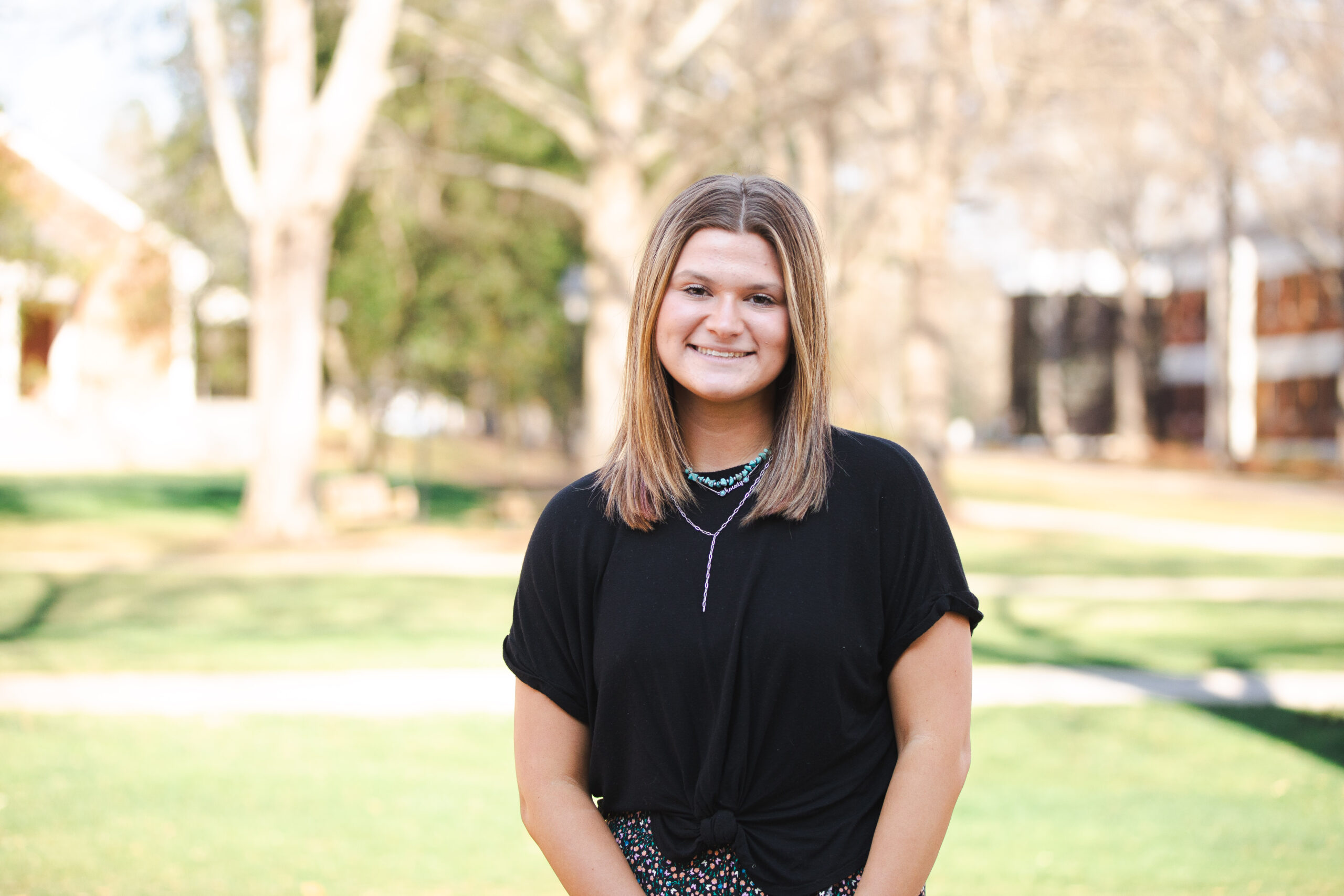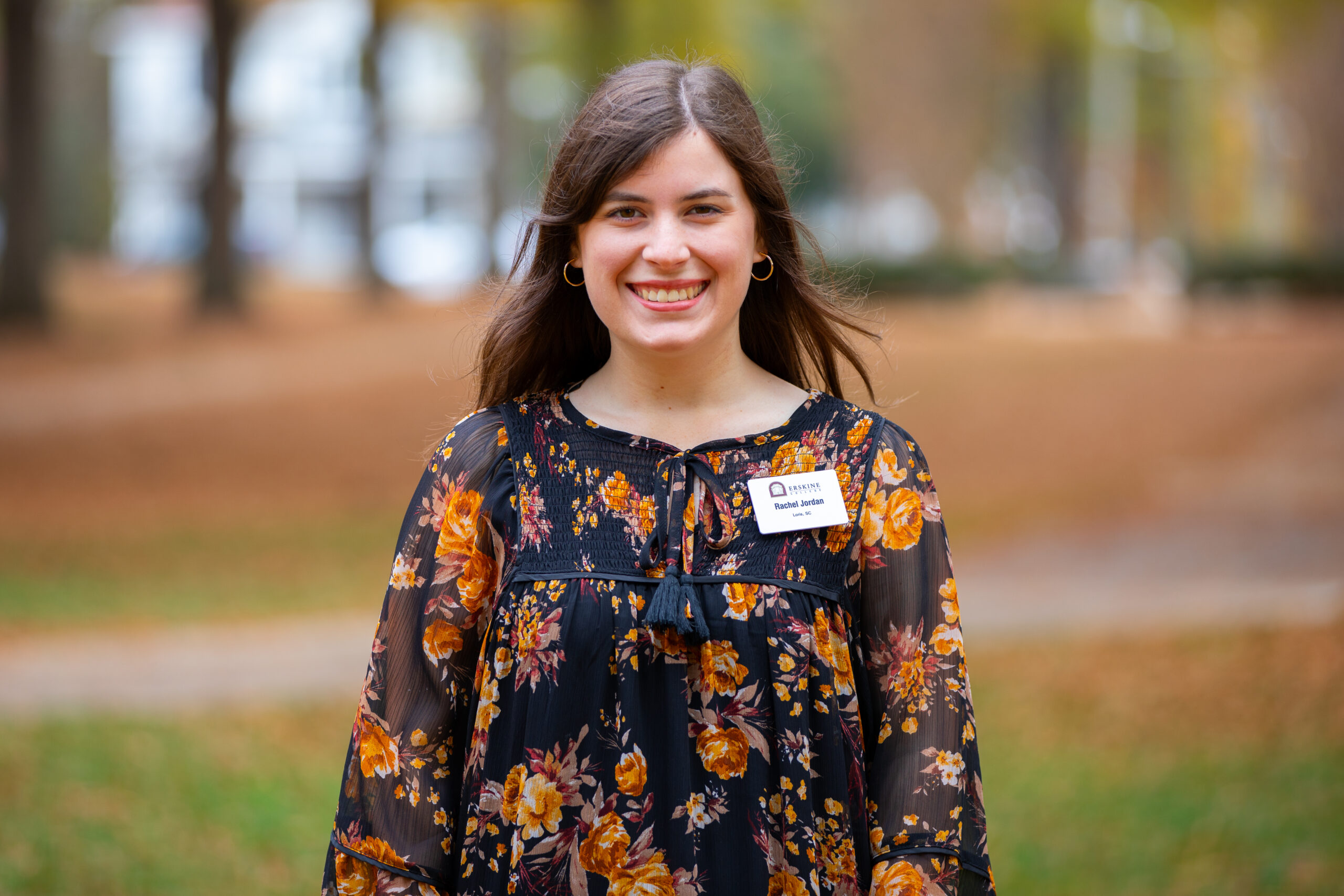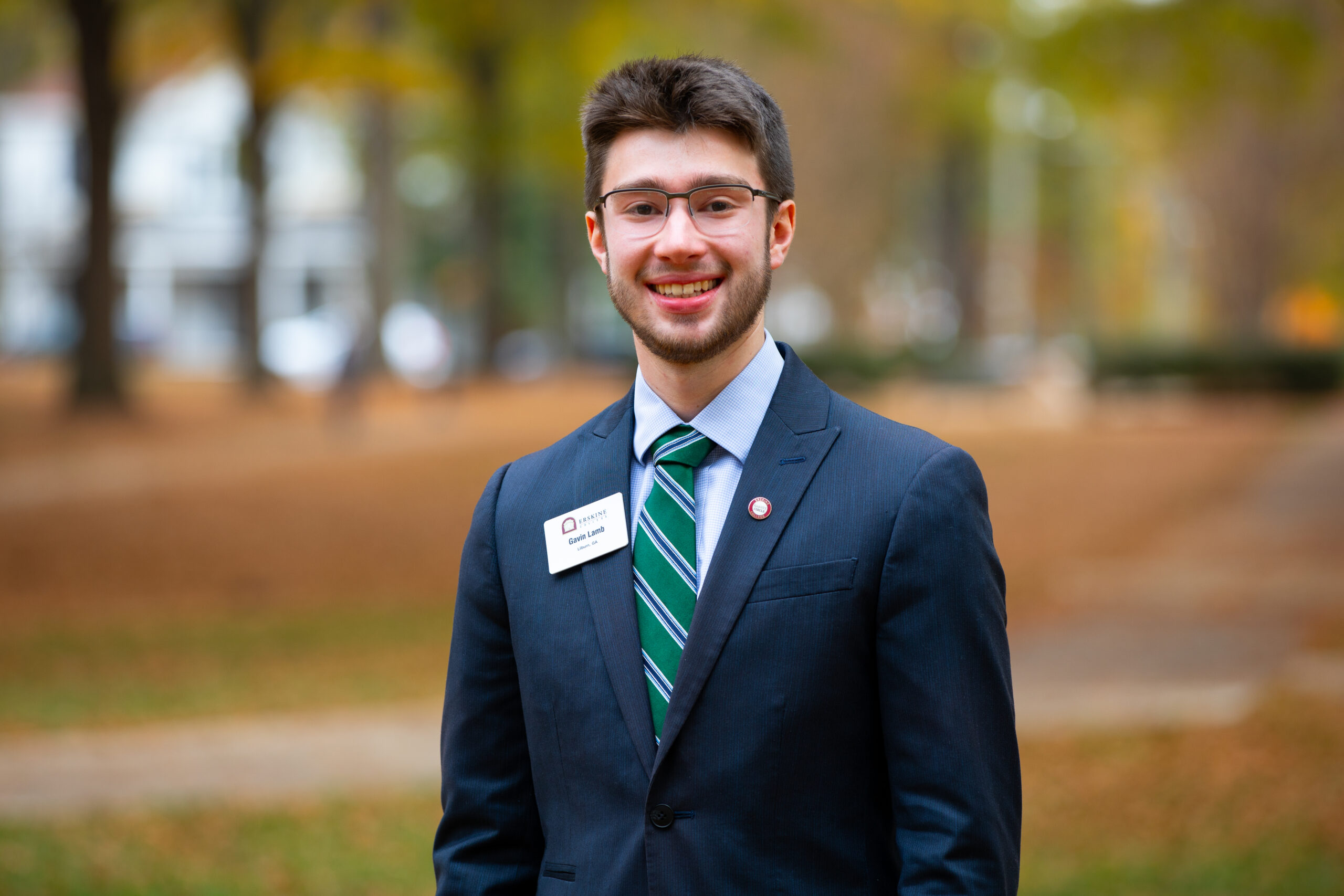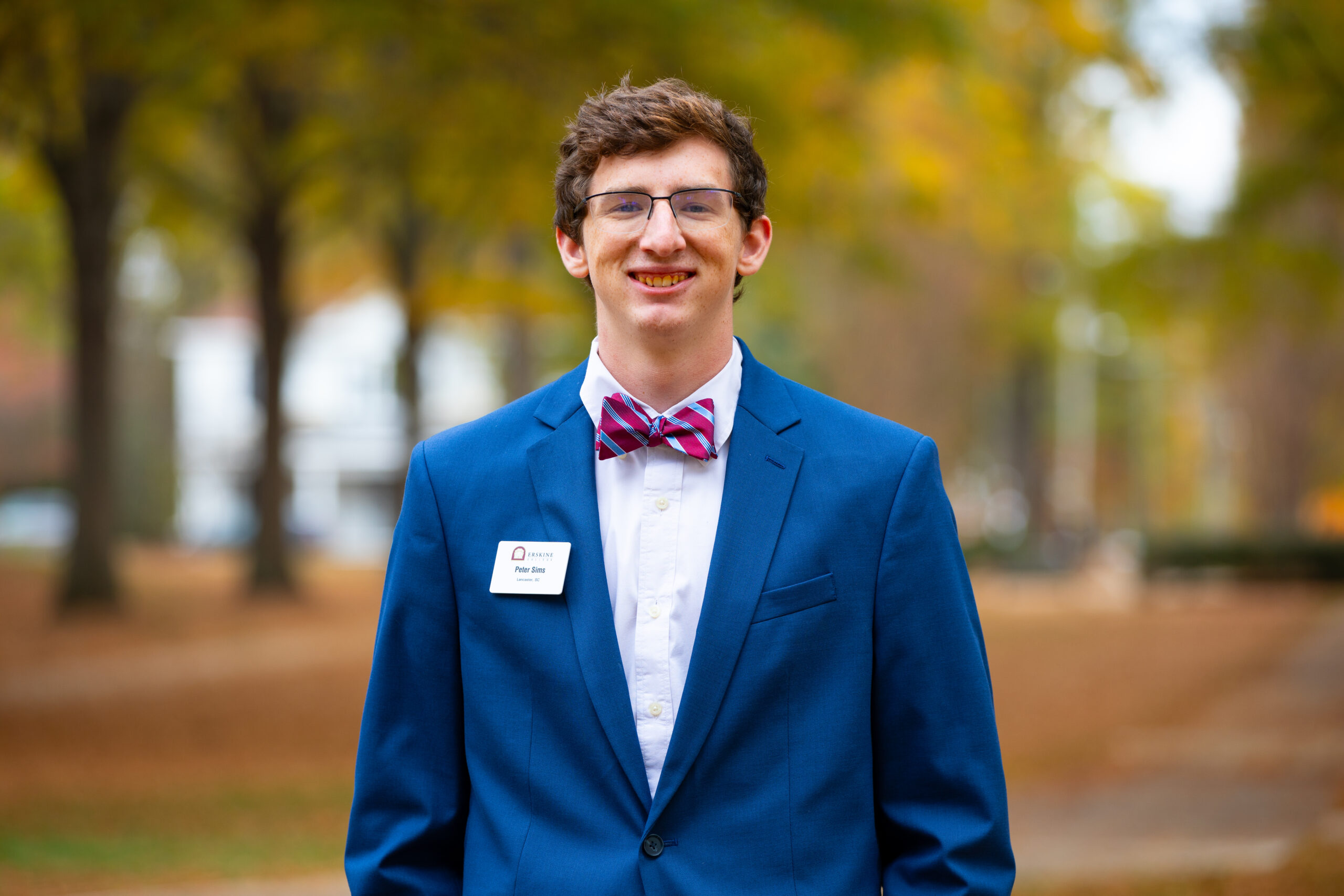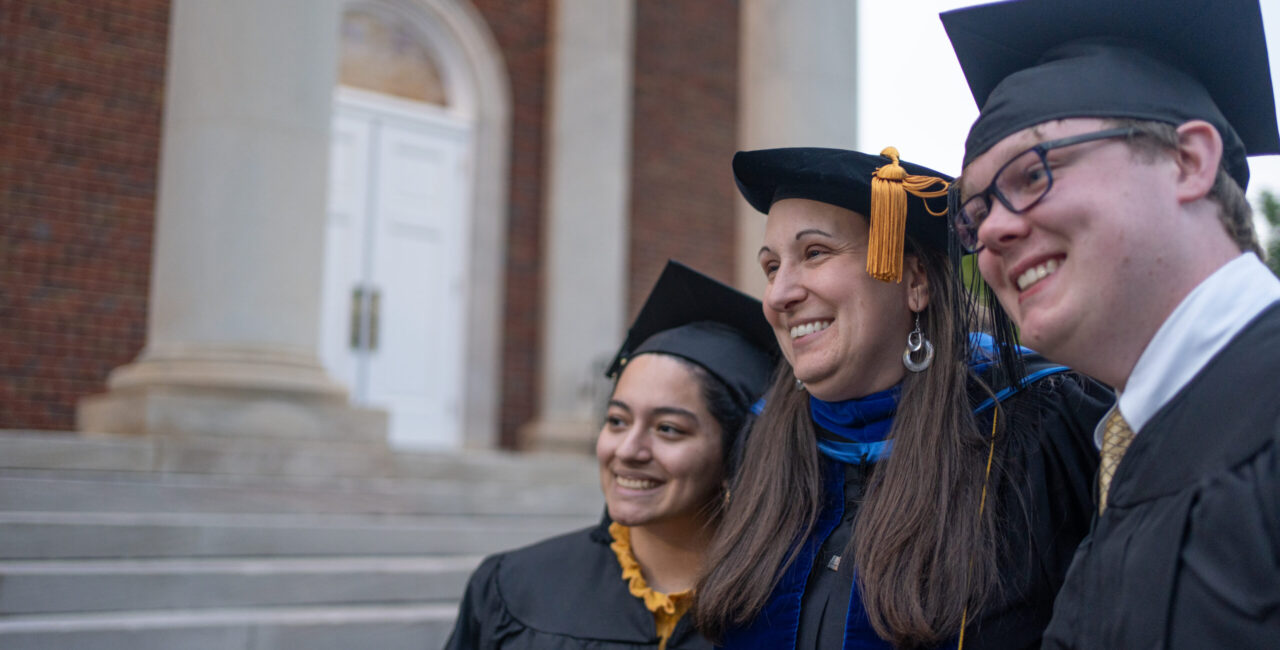
5 Tips for choosing a college
If you’re a junior or senior in high school, you have a lot of decisions to make. First, you have to answer the question, Do I want to attend college? If you answered yes to that, the next question is, naturally, But which college should I go to?
With all the options available, how do you know which college is right for you? Should you attend a large state school or a small private school? A secular college or a religious college? A school close to home or one far away? Choosing a college can be overwhelming. We asked five current Erskine College students about their college decisions. They offered five tips for choosing a college and spoke about their own decision-making process.
1. Choose a college that shares your values.
Our education shapes who we are and who we become. The teachers we learn from, the values of those around us, and the worldview of the curriculum can all influence us. For many students, it’s important to get an education that aligns with their own beliefs.
“I knew that wherever I attended would lay the foundation for where my life would lead me after I graduated,” says sophomore Will Moore. “I was searching for a place where I could spend the next years of my life and grow spiritually and as a person.”
Sophomores Gavin Lamb and Peter Sims both say they wanted to attend a Christian college. “The first factor in my college decision was what the school stood for,” Peter explains.
Of course, many Christian students decide to attend secular schools and find avenues for ministry and growth in those settings. Still, it’s important for you to evaluate your values and decide how important it is for you that your school shares your beliefs.
For Will, Peter, and Gavin, the advantages of learning at a Christian college are clear. “I have found a community of people who care for and support me in my academic and spiritual journey,” Gavin says.
2. Discover the benefits of a small college.
Big schools are not for everyone. Many students prefer a smaller environment where they can be known by their professors, enjoy close community, and avoid getting lost in the crowd.
“I remember when I began touring colleges, I was extremely concerned about the number of people at larger schools,” Will says. “I wanted a smaller, much more community-centered feel.”
Gavin and fellow sophomore Rachel Jordan were both searching, not only for a small college, but also for a small town, which they found in Due West and Erskine College.
“I think Erskine is calm and charming, which is the perfect place for me to grow and learn,” Rachel says. “You have to know exactly what type of atmosphere you need to learn. For me, that was a small and quiet college with a faith-based outlook on education.”
Like Rachel, freshman Emily Bartsch believes she can be more successful at a small school. “Attending a smaller college, I knew I would be able to thrive,” she says. “If I were in a room full of high school students and I could give them advice about choosing a college, I would tell them to branch out. Don’t be afraid to ask questions about schools! I always wanted a small college that felt like a big family. That helped me make my decision.”
3. Explore financial aid opportunities.
Money is usually on students’ minds as they sort through their educational options. For Gavin, financial aid was “the most important factor” in his decision. Rachel also names financial aid as one of her top reasons for choosing Erskine College.
As you learn more about your top colleges, be sure to investigate scholarship opportunities, some of which might be unique to each school. Will qualified for Erskine’s Presidential Scholarship Competition, which not only helped him financially but also socially as he was able to build connections with future classmates.
“I was able to talk to many of the other competitors and meet people that I knew from the beginning were fantastic in every way,” he says. “A lot of these people ended up attending the college as well, and I have the privilege of being able to call them all my friends.”
If you have concerns about financial aid, reach out to your prospective schools. There may be additional scholarships and grants for which you can apply.
4. Consider campus community.
When you go to college, only part of your experience takes place in the classroom. Just as important are the friendships you build and the community you find on campus.
In fact, community was near the top of Peter’s priority list. He was particularly interested in “what campus life was like and the types of people that go to the college.”
Meeting members of the campus community was also a crucial factor in Rachel’s decision. “I knew Erskine was the right fit for me when I met the people who go here. I never got the impression that the students were competing with each other, which was a huge aspect of the high school I went to. At Erskine, students help each other and genuinely want each other to succeed.”
Personal relationships were important for Will as well. “Growing up in a small town and attending a small high school, I knew everyone there was to know, and I always enjoyed getting to talk to people that I knew every single day,” he says. Will wanted a similar close-knit community in college.
In campus life, Gavin has found the leadership opportunities he was looking for. “There are so many opportunities available for me to invest in others and have others invest in me,” he says.
Relationships are a vital part of the college experience. Whether you’re considering large schools or small schools, religious schools or secular schools, be sure there is a strong campus community where you can thrive.
5. Find where you belong.
You may not be looking for all the same qualities in a college that Emily, Gavin, Peter, Rachel, and Will wanted, but it’s important that you find a place where you can feel at home.
Will advises students to find a place where they feel comfortable and find a sense of belonging. For Emily, that meant testing her wings in a new environment that felt safe. “I wanted a college close to home, but also far enough that I could get away and feel distanced from home,” she says. “Having a college that feels like home made the switch super easy.”
What’s the “home” litmus test? Rachel puts it this way: “Go somewhere you are comfortable and where it feels safe to make mistakes. I have found that college is much more than going to class and doing your homework. You have to put yourself in a place where you simply enjoy being.”
Worried about choosing the right college for you? Check out these resources:
“How to Decide What College to Attend” College Board
“Five College Search Tips for the Christian Student” Erskine College
“20 Tips for the Christian College Student” Open the Bible
“College Personality Quiz” U.S. News and Word Report
